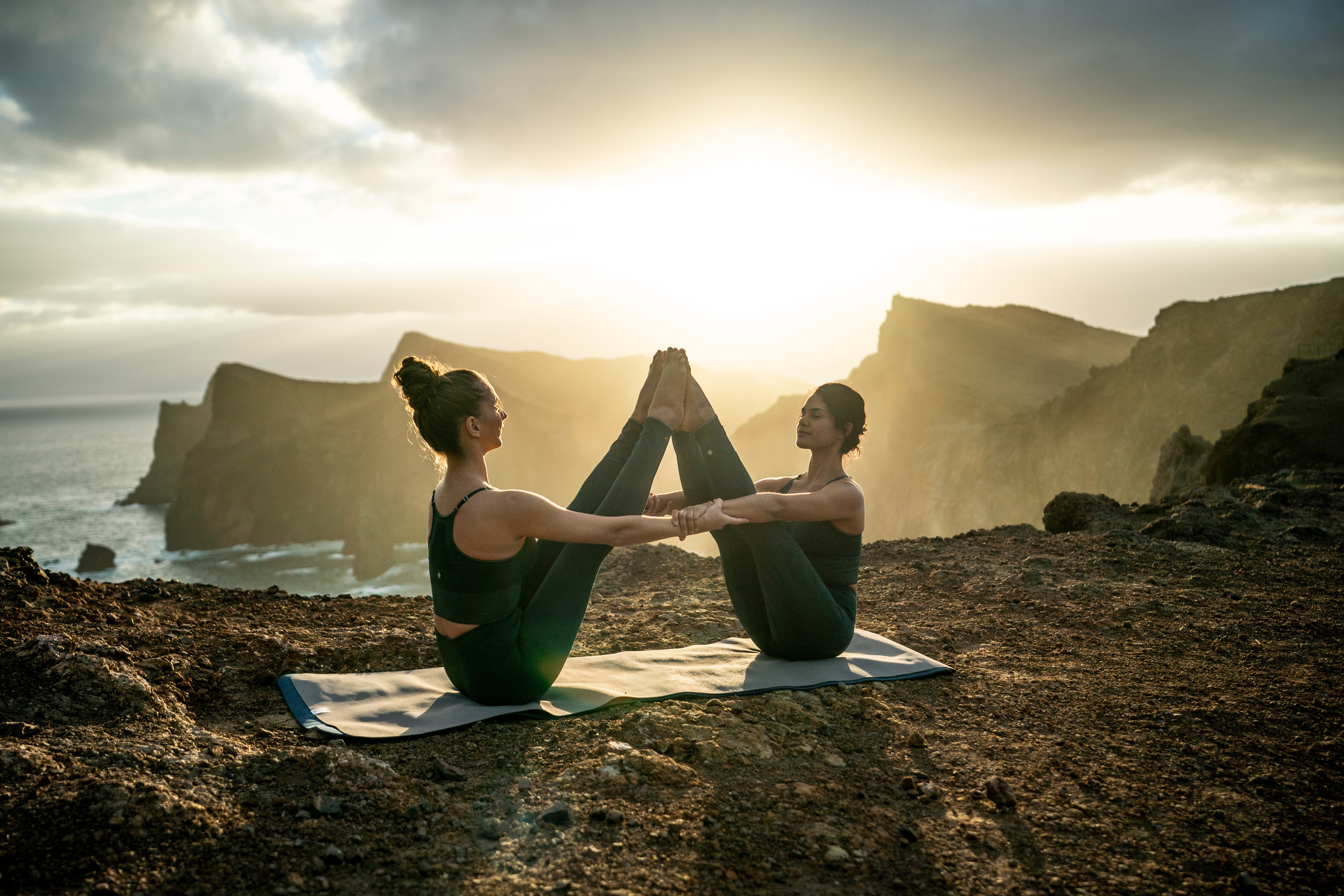The perfect model if comfort and foot protection are your priority during trips into the mountains. You can use them on your regular hikes in all weathers.
The frequency and intensity of hiking
Our products are ranked according to three practice levels.
1. Occasional use: 10 hikes per year of about a 3-4 hour duration, covering less than 10 km and less than 700 m in elevation gain.
2. Regular: 20 outings of a 4-6 hour duration, 10 to 20 km, 700 to 1,200 m in elevation gain
3. Intensive: more than 20 outings of more than a 6 hour duration, more than 20 km, 1,200 to 2,000 m of elevation gain.
What size should you choose?
We advise you to try on several sizes and styles of boots to find the one most suited to you. You can take a size above your usual one to prevent the toes from bumping into the toe box when going downhill, provided the foot is properly supported to avoid friction.
how to try on your boots?
1. Try on both boots, while standing up, with the socks worn for hiking.
2. Tighten the laces, distributing the tension evenly.
3. Check two aspects:
- that your heel doesn’t lift up before the boot when walking on an incline
- that your foot doesn’t slip; and also that your toes don’t hit the front on the downhill.
The technical nature of the Outdoor Contact sole
The increased grip and resistance of this high-performance sole are due to an exclusive rubber blend. The design of the sole is what strengthens the grip. Our laboratory tests evaluate the grip coefficient on various surfaces/conditions, our field tests in the mountains confirm it.
What’s the difference between traction and grip?
Traction optimises propulsion, prevents the boot from slipping backwards and stabilises it. It depends on the number and shape of the boot crampons.
Grip prevents the boot from slipping and skidding on smooth ground or in demanding conditions.
How to prolong the waterproofness?
We advise you to re-waterproof your boots twice a year, using a waterproofing product (available on our website/in Decathlon shops) to continue to protect them from water. You can use waterproof gaiters to prevent the infiltration of water from the top of the boot.
How to care for your boots
1. Leave your boots to air dry.
2. Remove dry mud with a stiff brush.
3. Clean stains with a brush and some warm water and leave to dry.
4. Use a re-waterproofing spray to restore water-repellency on the upper.
replace your insoles
The original insole in your boots is designed to accommodate most feet. A change of insole can offer:
- Better support (preformed or reinforced soles)
- More comfort (warmth and/or cushioning)
- A longer boot lifespan.
How can you avoid blisters?
We have some tips for preventing blisters when hiking. Discover all our tips here:
https://www.decathlon.com/blogs/sports-advice/8-tips-from-our-expert-hikers-to-avoid-blisters
Waterproofing test
We carry out tests in the laboratory. The boot is immersed in water to mid-height on a mechanical arm that flexes to simulate a certain number of steps. With this test we can determine the time and number of kilometres that the boot can walk while staying dry. Then we confirm these capacities out in the field and under the rain, with usage tests.
How should you look after your shoes?
- Leave to air dry.
- Remove dry mud with a stiff brush.
- Clean marks using a brush and some warm water
- Leave to dry
- Spray with a re-waterproofing product to restore the water-resistance to the upper.
Get out and about the mountains in comfort and style. This waterproof mountain walking boot has good grip and cushioning as well as a stone guard for greater protection.
The perfect model if comfort and foot protection are your priority during trips into the mountains. You can use them on your regular hikes in all weathers.









